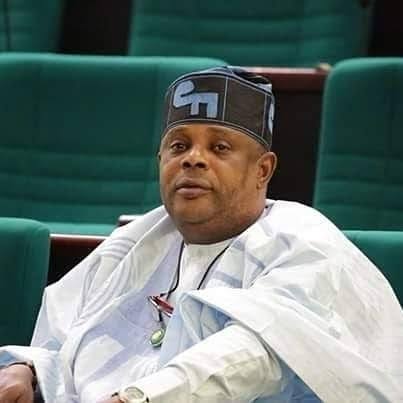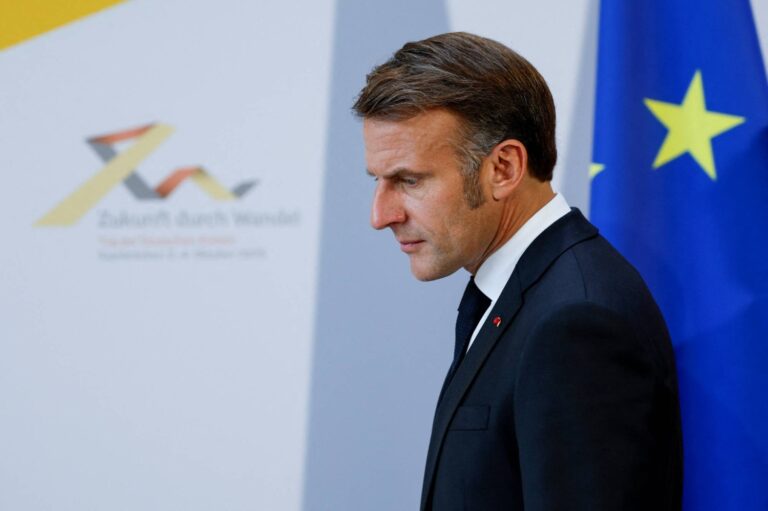
This profile examines the career of Hon. James Abiodun Faleke, charting his rise from local government administrator to a prominent national legislator in Nigeria. His trajectory, beginning as Chairman of the Ojodu Local Council Development Area in Lagos and culminating in his current influence on national policy, offers valuable insights into the evolution of political leadership and development strategies within Nigeria.
The central focus of Faleke’s career is his tangible impact on the lives of his constituents. He is widely recognized for initiating and implementing a range of community-focused projects in the Ikeja region, demonstrating a commitment to addressing local needs and fostering socio-economic progress. Key initiatives include:
- Youth Empowerment Programs: Provision of motorcycles, tricycles, and startup kits aimed at stimulating entrepreneurship and reducing youth unemployment.
- Health Interventions: Implementation of medical outreach programs and provision of free surgical procedures to improve access to essential healthcare services.
- Educational Support: Offering scholarships to deserving students and undertaking renovations of local schools to enhance educational infrastructure.
- Transportation Assistance Programs: Facilitating mobility for low-income families through targeted transportation assistance initiatives.
Beyond these specific projects, Faleke’s leadership is also characterized by his proactive approach to promoting food security and his rapid response to community crises, including natural disasters and periods of heightened unemployment. He is often portrayed as a politician who effectively combines a deep understanding of local challenges with the ability to shape national policy – a rare combination that has contributed to his sustained political relevance and public esteem. This blend of grassroots engagement and national-level influence makes Faleke’s career a compelling case study for understanding the dynamics of Nigerian politics and the challenges of balancing local needs with broader national objectives. The success and sustainability of his initiatives, as well as their potential replicability in other regions, are of particular interest to international development organizations and those seeking to promote effective governance in emerging economies.



